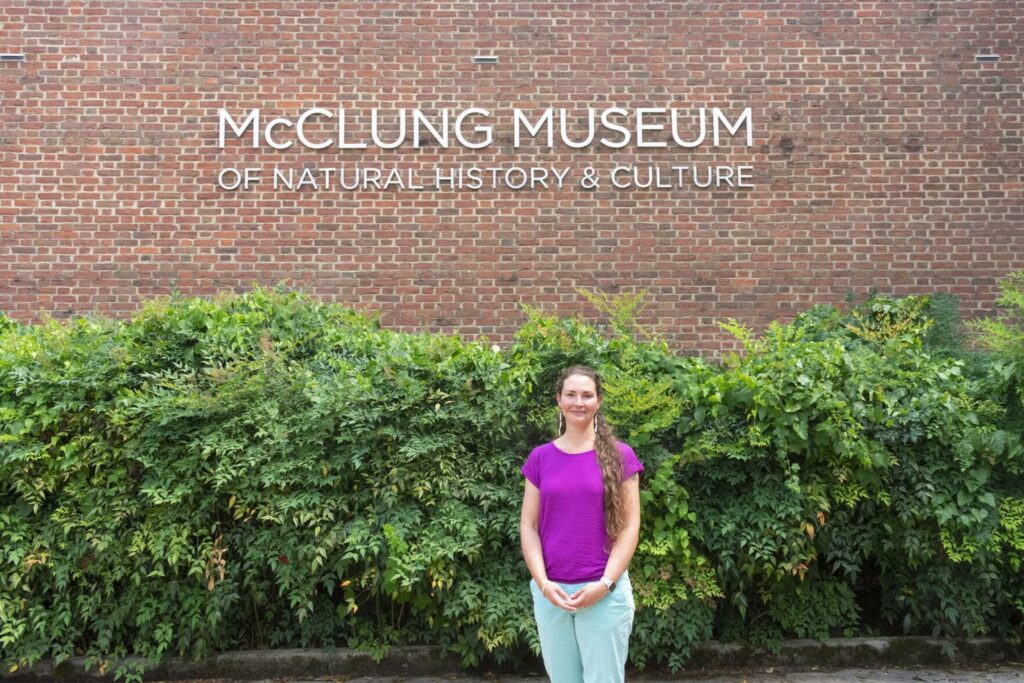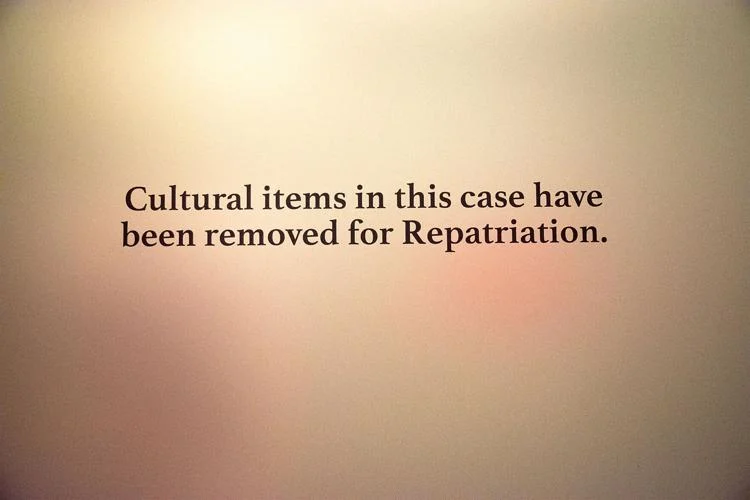English Department helps McClung Museum Repatriate Indigenous Artifacts

This story, written by Daily Beacon editor and senior English major Daniel Dassow, originally appeared in the Beacon on May 5, 2023. You can read the entire story here.
When the nonprofit news site ProPublica launched The Repatriation Project in January, UT landed on a top-10 list that does not come with bragging rights. Out of all universities, museums, societies and agencies in the nation, UT ranked 7th among institutions that hold the most Native American ancestral remains not yet made available for return to federally recognized Tribes, or Native Nations.
The key to understanding the ranking is a landmark piece of federal human rights legislation passed back in 1990 called the Native American Graves Protection and Repatriation Act, or NAGPRA for short. Under the law, government agencies, museums, universities and historical societies are required to keep inventories of all ancestral remains or cultural artifacts that lie in their holdings, including objects that were once buried with ancestors.
Read all of English major and Beacon editor Daniel Dassow’s piece here.
Lisa King, an associate professor of English at UT and an expert in Indigenous museum spaces, is charged with the conviction that working with Native Nations from the ground up is a key step not only towards repairing generations of harm against Tribes, but also to telling better stories about them.

She is putting her scholarly work to practice by leading the development of a new exhibit which will occupy the space that “Archaeology & the Native Peoples of Tennessee” held for 22 years.
“A Sense of Indigenous Place: Native American Voices and the Mound at the University of Tennessee,” which will highlight the significance of the university’s oldest monument, a Native American burial mound on the Ag Campus which dates back to as early as 600 C.E., is scheduled to open in January 2025.